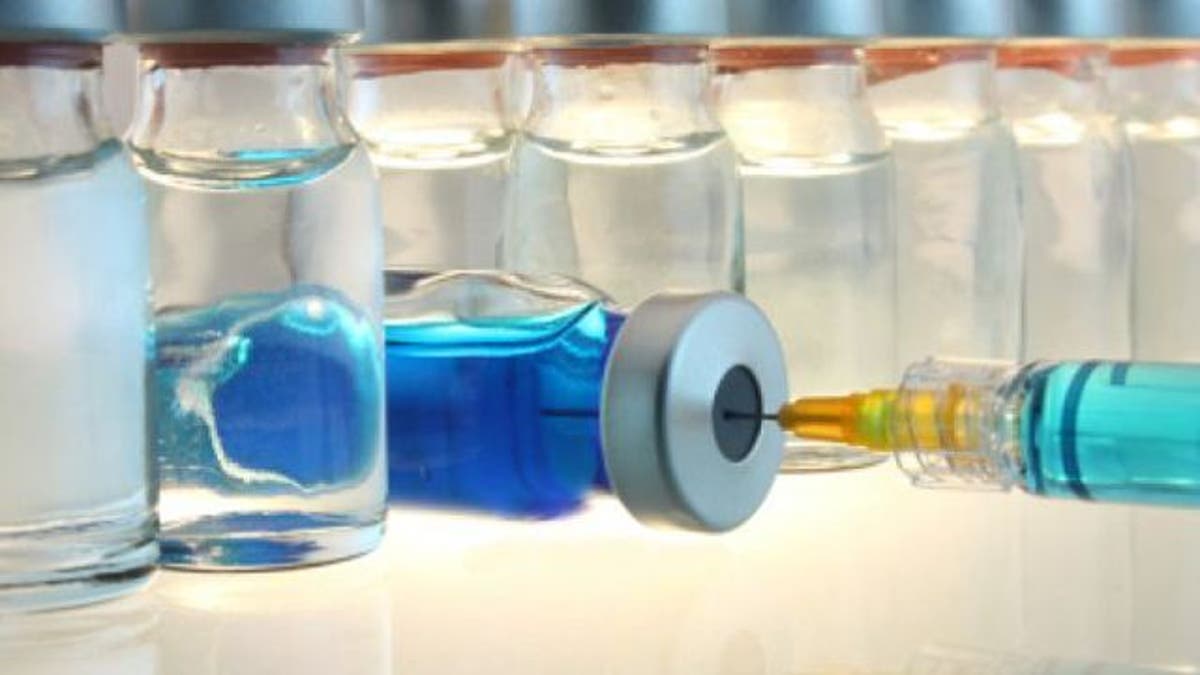
Canada's experimental Ebola vaccine was stuck in the government lab that developed it as officials puzzled over how to safely transport it, three weeks after it was offered to Africa to fight the deadly epidemic.
Ottawa said on Aug. 12 that it would donate between 800 and 1,000 doses of the vaccine to the World Health Organization for use in Africa, where more than 1,900 people have died from the disease. The vaccines are being held at Canada's National Microbiology Laboratory in Winnipeg.
"We are now working with the WHO to address complex regulatory, logistical and ethical issues so that the vaccine can be safely and ethically deployed as rapidly as possible," said Health Canada spokesman Sean Upton said in a statement.
"For example, the logistics surrounding the safe delivery of the vaccine are complicated."
One challenge is keeping the vaccine cool enough to remain potent, Upton said.
Canadian officials were trying to define proper storage and transportation procedures, and they could not estimate when the vaccines would leave the lab.
Cases of Ebola have been reported in Liberia, Sierra Leone, Guinea, Nigeria, Senegal, and Democratic Republic of Congo. The cases in Congo, which include 31 deaths, are thought to be a separate outbreak and not related to the West African cases.
The United Nations said on Wednesday it would take $600 million in supplies to control an outbreak of Ebola in West Africa as the death toll rose from the worst epidemic of the virus on record.
Spokespersons for WHO could not be immediately reached for comment. The organization has backed the use of experimental Ebola drugs in West Africa on compassionate grounds.
Iowa-based NewLink Genetics Corp holds the commercial license for the Canadian vaccine and said in August that it would be able to produce tens of thousands of vaccine doses within a month or two.
The U.S. Department of Health and Human Services said on Tuesday a federal contract worth up to $42.3 million would help accelerate testing of an experimental Ebola virus treatment being developed by privately held Mapp Biopharmaceutical Inc.
Human safety trials are due to begin this week on a vaccine from GlaxoSmithKline Plc and later this year on one from NewLink Genetics Corp.
